Have you ever noticed how a cat’s gentle purr can melt away your stress? Or how their quiet companionship makes a gloomy day feel just a little bit brighter? For anyone searching for the perfect emotional support pet, the answer might just be curled up on a sunny windowsill, blinking slowly in your direction. While dogs often steal the spotlight as loyal companions, there’s a growing chorus of cat lovers who know the truth: cats offer a unique, calming presence that’s unmatched. Let’s dive into the surprisingly profound ways that cats make better emotional support pets than dogs—prepare to see your feline friend in a whole new light!
1. Cats Offer Gentle, Calming Presence

Cats are masters at creating a peaceful environment. Their soft purring and gentle movements have a natural calming effect, often lowering anxiety levels almost instantly. Unlike dogs, who can sometimes be overly energetic or demanding, cats tend to move through the home with elegance and quiet grace. This serene behavior makes them particularly suitable for people who experience stress or sensory overload. The simple act of watching a cat groom itself or nap in a pool of sunlight can be incredibly soothing for the mind. Many cat owners report feeling a sense of calm just by having their feline nearby. For people seeking tranquility, cats seem to have an instinct for knowing when to be present and when to give space.
2. Cats Require Less Attention and Maintenance

One of the standout advantages of cats is their independent nature. Unlike dogs, who often crave constant interaction and attention, cats are content spending time alone or entertaining themselves. This makes them ideal for people who may not always have the energy or ability to provide round-the-clock care. Cats don’t need to be walked several times a day or taken on frequent outings. Their self-sufficiency means you can focus on your own emotional needs without feeling guilty for not giving enough attention. For individuals managing mental health challenges, this low-maintenance companionship can be a huge relief. It allows for a balanced relationship that doesn’t overwhelm or exhaust.
3. Cat Purring Has Healing Properties
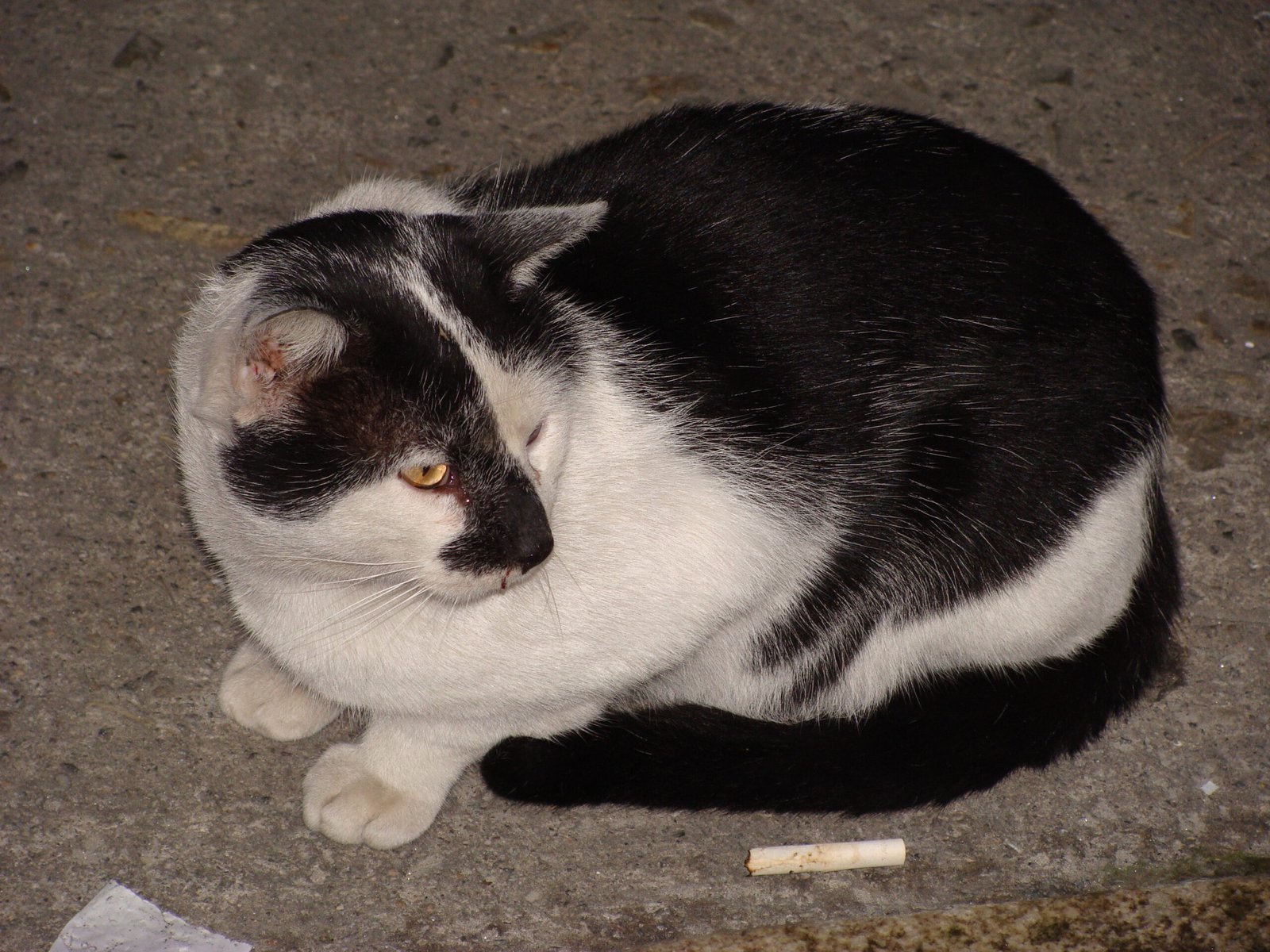
Scientific studies have shown that a cat’s purr isn’t just adorable—it may actually have therapeutic benefits. The frequencies produced by a cat’s purr can promote healing and reduce stress in humans. Many people report that the rhythmic sound of purring helps them relax after a tough day or during moments of anxiety. Some researchers even believe that purring can reduce blood pressure and encourage the release of calming hormones. Unlike dogs, whose vocalizations are often loud or startling, cats’ purring is subtle and soothing. It acts almost like a lullaby, quietly reassuring you that you’re not alone.
4. Cats Are Sensitive to Human Emotions

Cats have an uncanny ability to sense when their humans are feeling sad, anxious, or unwell. They often offer quiet companionship in these moments, curling up beside you or gently nuzzling your hand. While dogs may be enthusiastic in their comfort, sometimes that energy can feel overwhelming. Cats, on the other hand, tend to match your mood, offering subtle support without pressure. This emotional intuition creates a bond that feels deeply personal. Many people find that their cat’s presence helps them process difficult emotions, providing a silent, understanding friend when words aren’t enough.
5. Less Overwhelming for People with Anxiety

For individuals who struggle with anxiety or sensory issues, a dog’s excitement and need for attention can sometimes be too much. Cats, with their quieter demeanor, are often a better fit. Their peaceful habits—like kneading a blanket or softly purring—create an environment that soothes rather than stimulates. Cats don’t bark or jump up on visitors, which means fewer unexpected surprises or loud noises. This predictability and calmness can help make a home feel like a safe haven. People who are easily overwhelmed appreciate the gentle companionship that a cat provides.
6. No Need for Daily Walks or Outdoor Time

Unlike dogs, cats do not require daily walks or frequent trips outside. For people living in apartments, those with mobility limitations, or anyone who prefers the indoors, this is a huge benefit. Cats are perfectly content to explore the indoors or watch the world from a window. This flexibility makes it easier to care for a cat when you’re feeling low or need to spend time at home. The absence of outdoor obligations means less stress and more time to focus on emotional healing. It’s a lifestyle that adapts to your needs, not the other way around.
7. Cats Are Quiet Companions

Cats are known for their quiet nature. Their meows are soft, and their footsteps are barely audible on the floor. This makes them ideal for people who are sensitive to loud noises or who simply prefer a peaceful home. Dogs, while loving, can be noisy—barking at every passing car or mail delivery. Cats, however, communicate in gentle ways, whether it’s a soft trill or a comforting purr. This quiet companionship can offer a sense of safety and serenity, making it easier to relax and recharge.
8. Feline Affection Is Subtle and Comforting
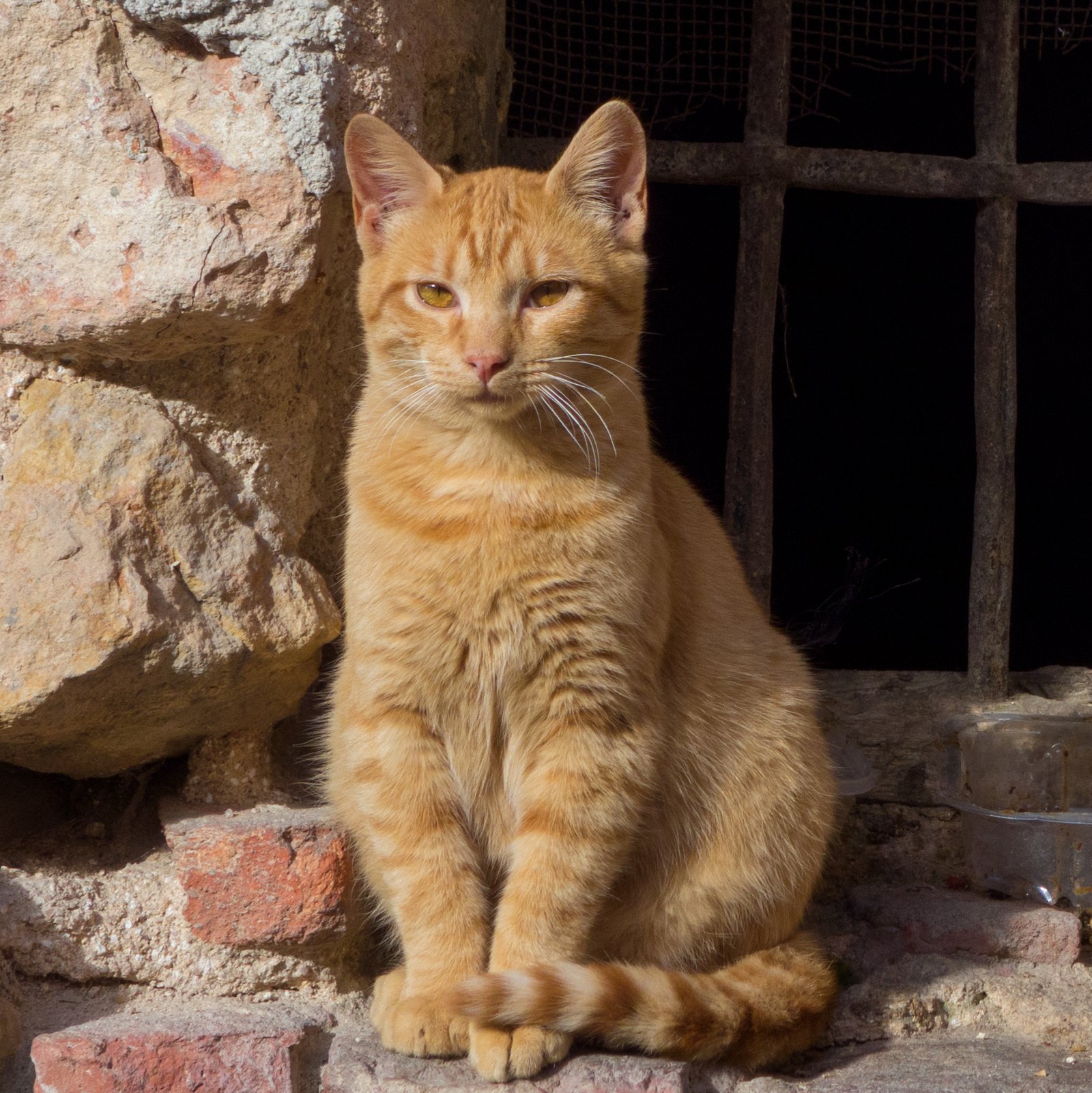
Cats show love in ways that are often understated but deeply meaningful. They might brush against your leg, settle on your lap, or follow you from room to room. This subtle affection can be especially comforting for people who don’t want overwhelming attention but still crave connection. Unlike dogs, who may jump up or demand playtime, cats let you take the lead in the relationship. Their gentle displays of love remind you that support doesn’t have to be loud or flashy—it can be as simple as a warm body resting beside you.
9. Cats Adapt Well to Different Living Spaces

Whether you live in a tiny studio apartment or a spacious house, cats make themselves at home. They don’t need a backyard or large open spaces to be happy. A cozy spot by the window or a soft bed is enough to keep a cat content. This adaptability makes them an excellent choice for people in urban areas or those who move frequently. Cats bring comfort wherever they go, turning any space into a sanctuary. Their ability to thrive in various environments means you can focus on emotional support, not logistics.
10. Cats Are Less Demanding of Routine
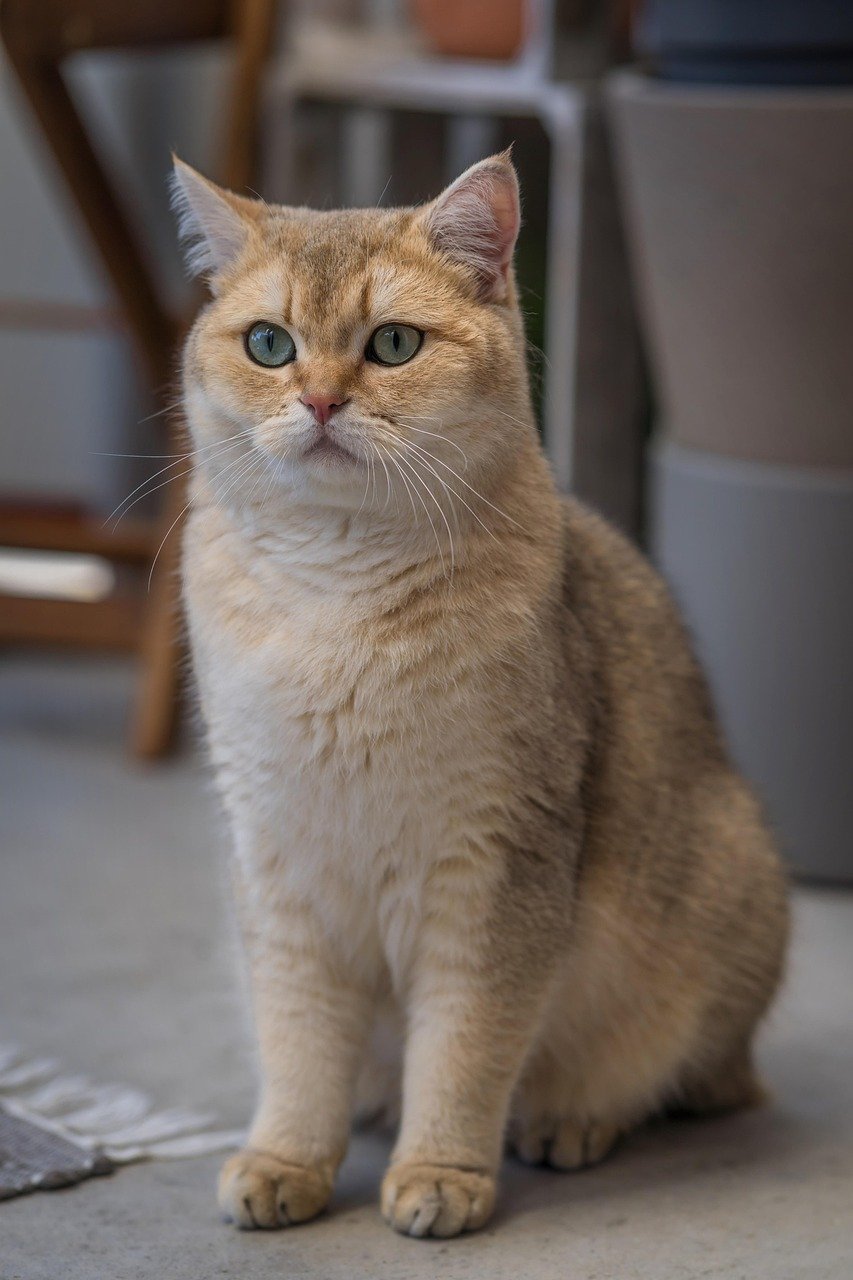
Cats are flexible when it comes to schedules. While they appreciate regular meals, they don’t require strict routines or structured playtimes like dogs often do. This is beneficial for people with unpredictable lifestyles or fluctuating energy levels. If you need to sleep in or take a day to yourself, your cat will likely be happy to nap alongside you. This lack of demand reduces stress and allows you to listen to your own needs without guilt. Cats fit seamlessly into your life, offering support without imposing demands.
11. Cats Can Be Left Alone for Longer Periods

A big advantage of cats is their ability to handle alone time. If you need to leave the house for work or appointments, cats are perfectly fine entertaining themselves or resting until you return. They don’t become distressed or destructive when left alone, unlike some dogs who struggle with separation anxiety. This independence gives you the freedom to focus on your own needs, knowing your pet is content. For people juggling busy schedules or unpredictable health, this is a major relief.
12. Cat Care Is More Affordable
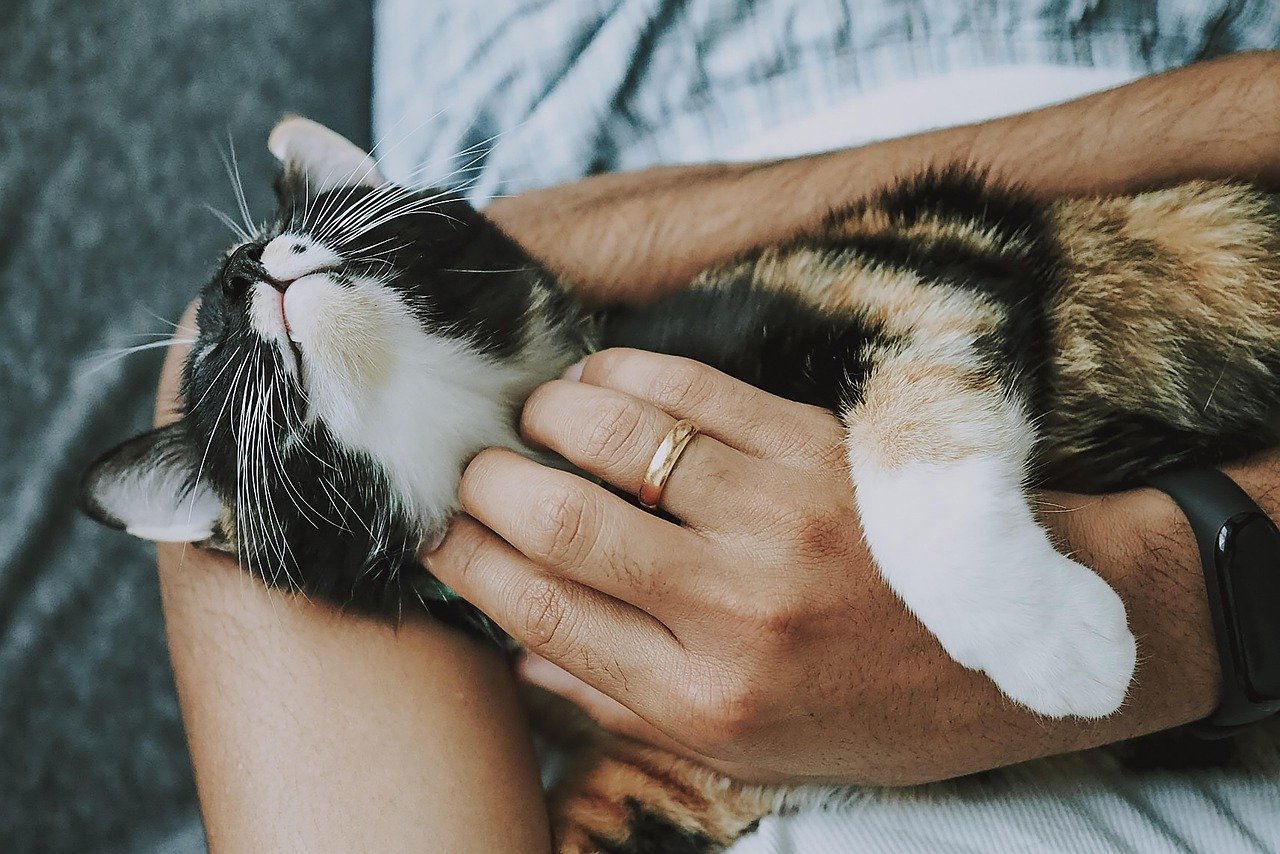
Caring for a cat is often less expensive than caring for a dog. Cats eat less, require fewer toys and accessories, and don’t need regular grooming appointments. Veterinary care can also be less costly, and there’s no need for dog walkers or pet sitters for daily outings. This affordability is important for people facing financial challenges or wanting to minimize stress. Knowing you can provide for your emotional support pet without breaking the bank makes the relationship even more rewarding.
13. Cats Promote Mindfulness and Presence

Spending time with a cat encourages mindfulness—the practice of being present in the moment. Watching your cat chase a sunbeam, knead a blanket, or simply breathe as they nap can draw your attention away from worries and into the here and now. Cats live in the present, reminding us to pause and appreciate small pleasures. This gentle lesson in mindfulness can be deeply healing for anyone facing emotional turmoil. Cats, without saying a word, invite us to slow down and savor life’s simple joys.
14. Fewer Allergens and Cleaner Living Spaces
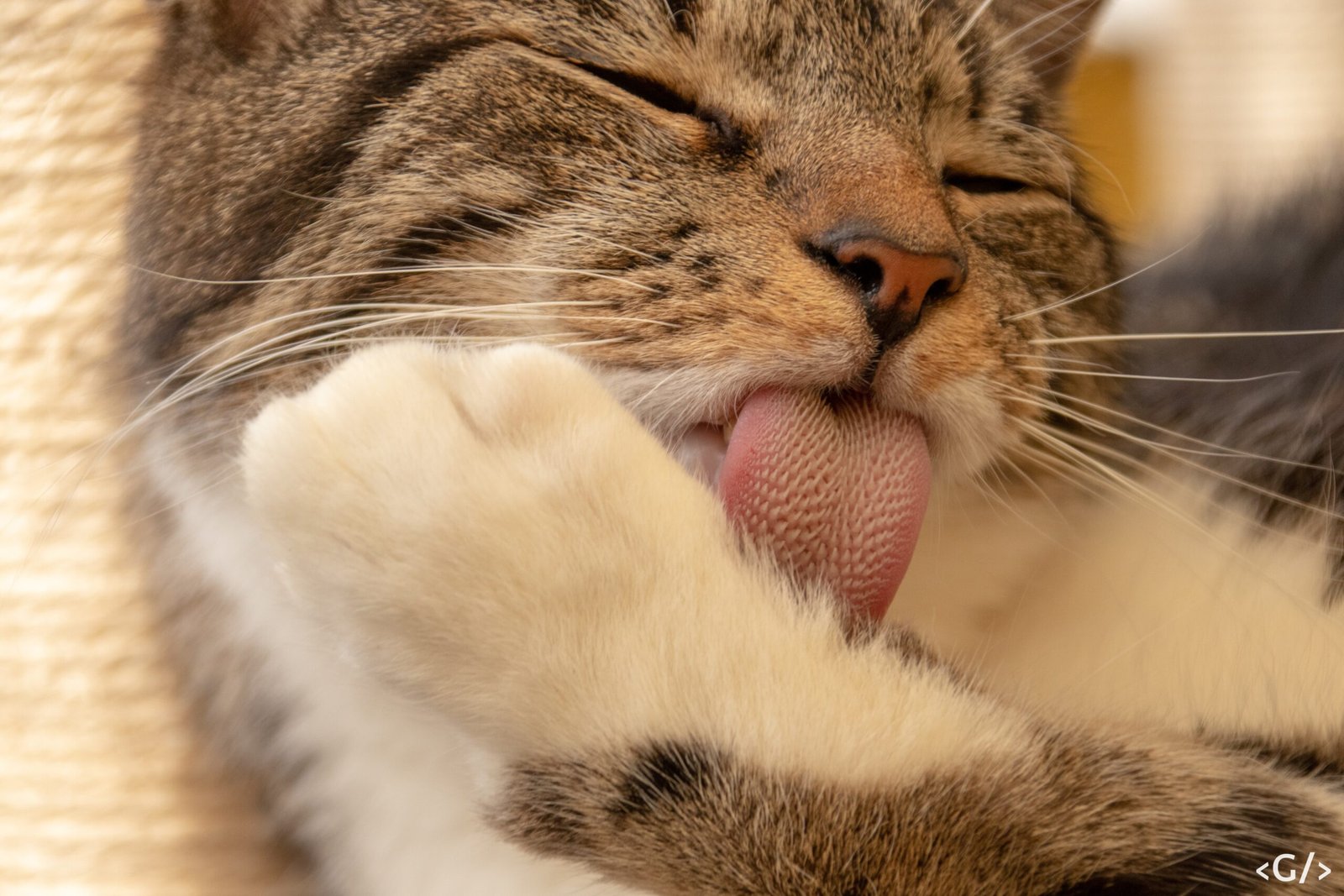
While it’s true that some people are allergic to cats, in general, cats tend to create less mess than dogs. They are fastidious groomers and rarely track dirt or mud into the house. Litter boxes, though requiring regular cleaning, are contained and easy to manage. Cats also shed less than many dog breeds, leading to cleaner furniture and floors. This attention to cleanliness is helpful for people with sensitivities or those who are easily overwhelmed by household chores. A tidy home can make a big difference in emotional well-being.
15. Cats Encourage Healthy Personal Boundaries
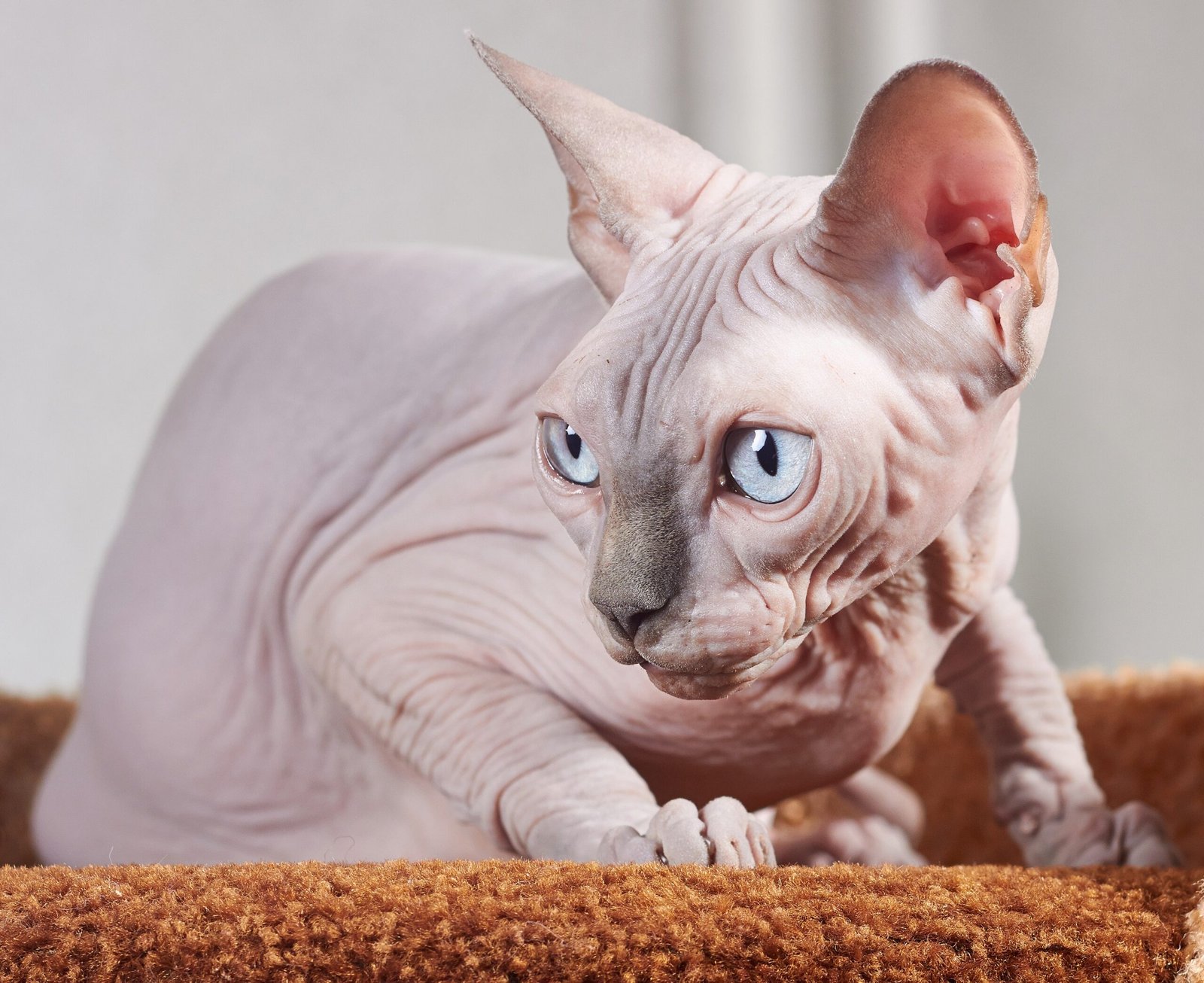
Cats are famous for respecting boundaries—they don’t crowd you unless invited and often retreat when they sense you need space. This mutual respect helps people learn to set and maintain healthy boundaries in their own lives. Interacting with a cat can teach us that it’s okay to need solitude or rest, and that support can be offered without pressure. This lesson is especially important for people recovering from emotional distress or learning to care for themselves. Cats model a balanced relationship that is supportive without being smothering.
16. Cats Help Reduce Feelings of Loneliness

Even though cats are independent, their presence can fill a home with warmth and life. The simple act of feeding, petting, or talking to your cat can make you feel less alone. Cats are attentive listeners, never judging or interrupting, which makes them the perfect confidants. Their quiet companionship can turn an empty room into a place of comfort. For people struggling with isolation, a cat’s steady presence offers consistent support. Every head bump or slow blink is a gentle reminder that you’re not alone.
17. Cats Encourage Rest and Relaxation
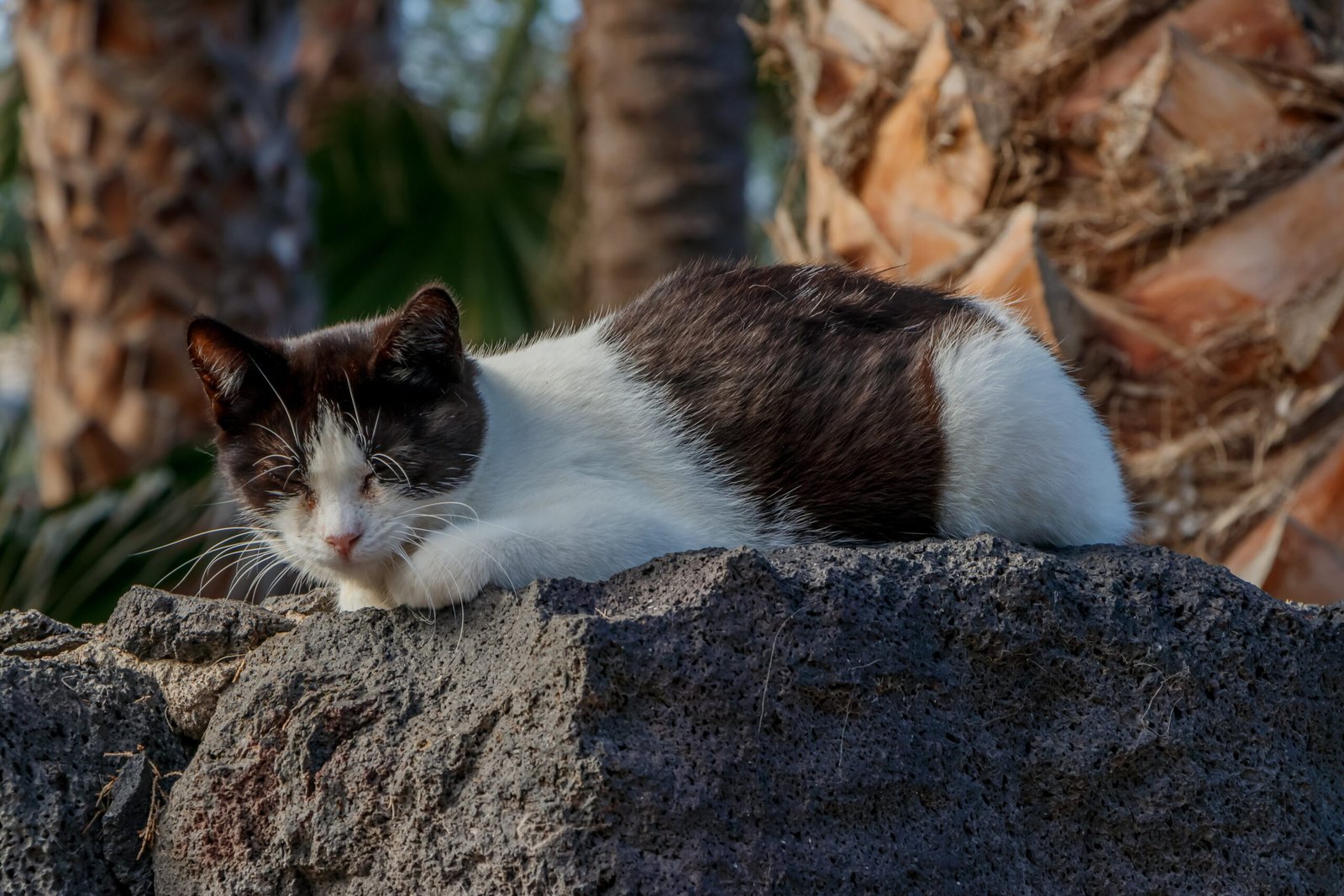
Cats are experts in the art of relaxation. Watching them stretch, yawn, and curl up for a nap is a masterclass in self-care. Their laid-back attitude can be contagious, encouraging owners to slow down and take breaks. Many people find themselves adopting their cat’s rhythms—resting when the cat naps, taking a moment to unwind together. This shared relaxation can be deeply soothing, especially for those who struggle to let go of stress. Cats, without trying, show us the value of rest.
18. Cats Can Be Playful Without Being Overbearing

When cats play, it’s often a delicate, joyful dance—chasing a feather, pouncing on a toy, or batting at a string. This playful spirit is uplifting without being overwhelming. Unlike some dogs, who may demand constant attention or rough play, cats keep things light and fun. Their antics can bring laughter and joy into the home, lifting spirits and easing tension. Sharing in a cat’s playfulness is a reminder that fun doesn’t have to be loud or chaotic—it can be gentle, spontaneous, and perfectly timed.
19. Cats Provide Unconditional, Nonjudgmental Support
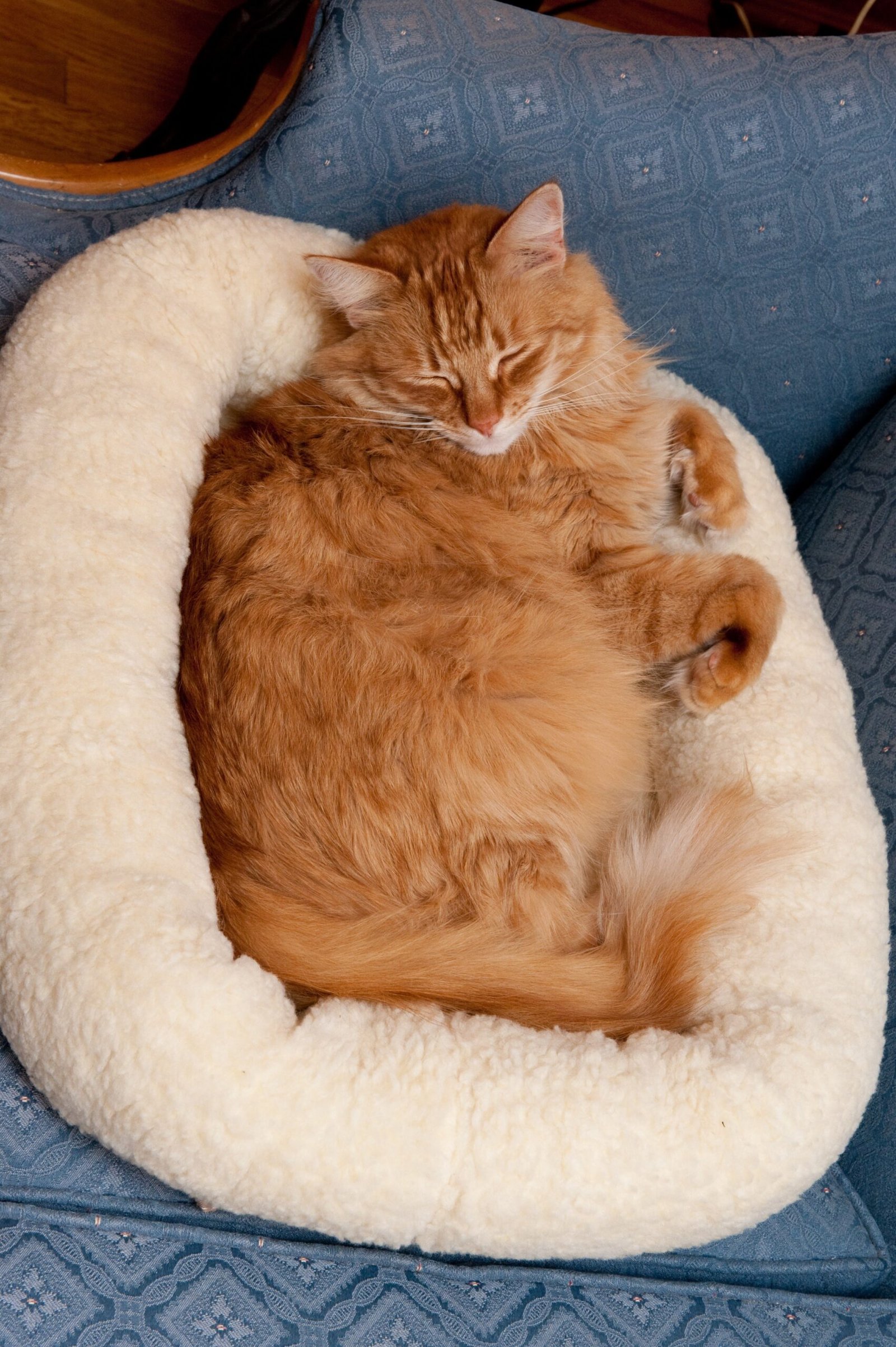
Perhaps one of the most comforting qualities of cats is their nonjudgmental nature. They don’t care about your appearance, your mood, or your mistakes. A cat will curl up beside you on your toughest days, offering companionship without conditions. This sense of acceptance is profoundly healing for many people. Knowing you can be yourself, flaws and all, and still be loved, is one of the greatest gifts a pet can give. Cats, with their quiet presence, offer this support freely and consistently.
20. Cats Inspire a Sense of Wonder and Joy

There’s something almost magical about sharing your life with a cat. Their mysterious eyes, graceful movements, and quirky personalities bring a sense of wonder to everyday life. From the way they chase invisible shadows to their habit of squeezing into the tiniest boxes, cats never fail to surprise and delight. This everyday magic inspires joy, curiosity, and laughter, lightening the emotional load and reminding us of the world’s small miracles. Cats invite us to see beauty in the ordinary, infusing each day with a little extra sparkle.
Hi, I’m Bola, a passionate writer and creative strategist with a knack for crafting compelling content that educates, inspires, and connects. Over the years, I’ve honed my skills across various writing fields, including content creation, copywriting, online course development, and video scriptwriting.
When I’m not at my desk, you’ll find me exploring new ideas, reading books, or brainstorming creative ways to solve challenges. I believe that words have the power to transform, and I’m here to help you leverage that power for success.
Thanks for stopping by, Keep coming to this website to checkout new articles form me. You’d always love it!






